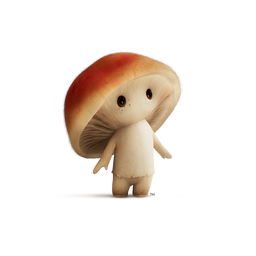Essential Reading

6 Benefits of Mushroom Coffee & Why You Need To...
RYZE Mushroom Coffee is a healthier alternative to regular coffee, made with six organic medicinal mushrooms, MCT oil, and artisan coffee from India. It offers improved focus, energy without jitters,...
6 Benefits of Mushroom Coffee & Why You Need To...
RYZE Mushroom Coffee is a healthier alternative to regular coffee, made with six organic medicinal mushrooms, MCT oil, and artisan coffee from India. It offers improved focus, energy without jitters,...




